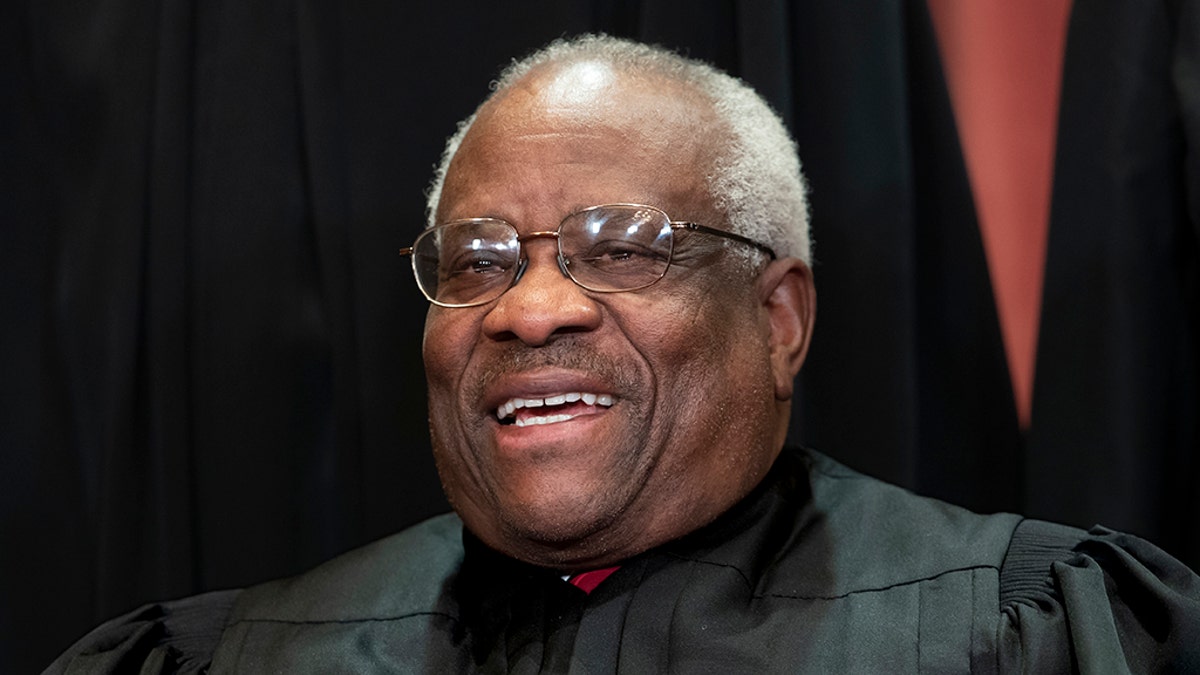Is Biden's Supreme Court commission a serious effort or political ploy?
The 'Fox News Sunday' panel debates the president's bipartisan commission to examine the Supreme Court's size and structure.
The Sixth Circuit Court of Appeals Tuesday upheld an Ohio law banning doctors from performing abortions when they know the reason a woman is seeking an abortion is that her baby has Down syndrome, a significant win for pro-life groups.
The full circuit ruled 9-7 in favor of the law against which a lower court previously issued an injunction, claiming it was an unconstitutional infringement on a woman's right to abortion. Appeals courts usually hear cases in three-judge panels, but will sometimes reconsider panel rulings as a full court in major cases.
Judge Alice Batchelder, who was first appointed by former President George H. W. Bush, led the majority in saying the law didn't violate a woman's right to abortion because it only restricts doctors who know of a woman's reason for abortion -- not the woman or the abortion itself.
"There is no absolute or per se right to an abortion based on the stage of the pregnancy," Batchelder wrote.
GOP REPS ANNOUNCE CONSTITUTIONAL AMENDMENT TO KEEP SUPREME COURT AT 9 'BEFORE IT'S TOO LATE
"In our view, the effect of H.B. 214 on this woman is to deny her the doctor of her choosing when, and only when, that doctor of her choosing is a doctor who knows that her reason for the abortion is because she does not want a child with Down syndrome," Bachelder wrote.
"As limitations or prohibitions go, this is specific and narrow," she continued, and therefore it does not present a "substantial obstacle" to a woman's ability to get an abortion.
The dissenting judges, however, argue that the Ohio law is in fact a full ban on certain types of abortion, and therefore goes against Supreme Court precedent.
"Before viability, the State’s interests are not strong enough to support a prohibition on abortion or the imposition of a substantial obstacle to the woman’s effective right to elect the procedure," wrote Judge Bernice Donald, quoting the Supreme Court case Planned Parenthood v. Casey. "Regardless of whether exceptions are made for particular circumstances."
Many think that eugenics ended with the horrors of the Holocaust. Unfortunately, it did not. The philosophy and the pure evil that motivated Hitler and Nazi Germany to murder millions of innocent lives continues today.
"H.B. 214 does just that," Donald, appointed by former President Barack Obama, continued. "It prohibits certain abortions at any point during a woman’s pregnancy—based solely on the reason the woman seeks the abortion—and it makes no exception for the mother’s health."
She argued that the Ohio law essentially "forcefully reaching into a profoundly intimate conversation between doctor and patient and telling the patient to be silent about her medical history or worse, purposefully lie about it."
The most heated discussion in the 111 pages of the ruling, however, was over whether the law constituted an "anti-eugenics statute." George W. Bush appointee Judge Richard Griffin wrote most pointedly on the topic, echoing a 2019 concurring opinion by Supreme Court Justice Clarence Thomas that tied abortion to eugenics.
"Many think that eugenics ended with the horrors of the Holocaust," Griffin wrote. "Unfortunately, it did not. The philosophy and the pure evil that motivated Hitler and Nazi Germany to murder millions of innocent lives continues today."
He added: "Tragically... the practice continues today with modern-day abortions. Specifically, the selective abortion of unborn babies who are deemed 'unfit' or 'undesirable' is becoming increasingly common."

Ohio Statehouse, the State Capitol building of Ohio. A federal appeals court Tuesday upheld an Ohio law banning doctors from performing abortions when they know the reason a mother is seeking an abortion is that her baby has Down syndrome. (iStock)
Judge Jeffrey Sutton, a George W. Bush appointee, agreed. He asked: "How did it happen that an anti-eugenics law is not the kind of law that reasonable people could compromise over in the context of broader debates about abortion policy?"
Griffin also inserted into his opinion a passage from Bachelder's dissent on the initial appeals panel to hear the law.
"Justice Thomas explained how Indiana’s law 'and other laws like it promote a State’s compelling interest in preventing abortion from becoming a tool of modern-day eugenics,'" Bachelder wrote. "The same goes for Ohio’s law H.B. 214 before us today."
George W. Bush appointee Julia Gibbons, meanwhile, turned around Griffin's accusation in her dissent.
The idea that women and doctors who abort babies because they have Down syndrome is "an inapt comparison," she said, because it "ignores the many complex and very personal reasons that might lead a woman to seek an abortion."
"But the American eugenics movement does share a goal of the majority view in this case: both seek to control a woman’s reproductive decisions," Gibbons said. "Eugenics certainly lives on... but not in a woman’s decisions about her reproductive health. The shadow of the eugenics movement materializes when the state wrests those decisions from her."
Donald's dissent also said a woman choosing to abort a baby because it has Down syndrome isn't eugenics because it's "merely a woman making a choice" and not a state mandate.

Associate Justice Clarence Thomas, appointed by President George H. W. Bush, sits with fellow Supreme Court justices for a group portrait at the Supreme Court Building in Washington, Friday, Nov. 30, 2018. Sixth Circuit Judge Richard Griffin on Tuesday followed Thomas' lead in invoking eugenics in an opinion on an abortion case. (AP Photo/J. Scott Applewhite)
CLICK HERE TO GET THE FOX NEWS APP
She further challenged connections drawn between Planned Parenthood Founder Margaret Sanger and the eugenics movement of the early 20th century that were made by Thomas and subsequently Griffin.
She argued that not only are Sanger's views irrelevant to the case, but that they were largely in line with mainstream figures of the time like former Presidents Woodrow Wilson and Theodore Roosevelt. Donald also argued that Sanger wasn't a very prominent figure in the eugenics movement.
Griffin, meanwhile, pointed out that Sanger had vocally endorsed the Supreme Court decision in Buck v. Bell, which upheld a forced sterilization law in Virginia.
The abortion providers challenging the law may ask the Supreme Court to reverse the Sixth Circuit decision and put the preliminary injunction back in place. It's also possible that the case could continue on the merits of the law at the lower court.






